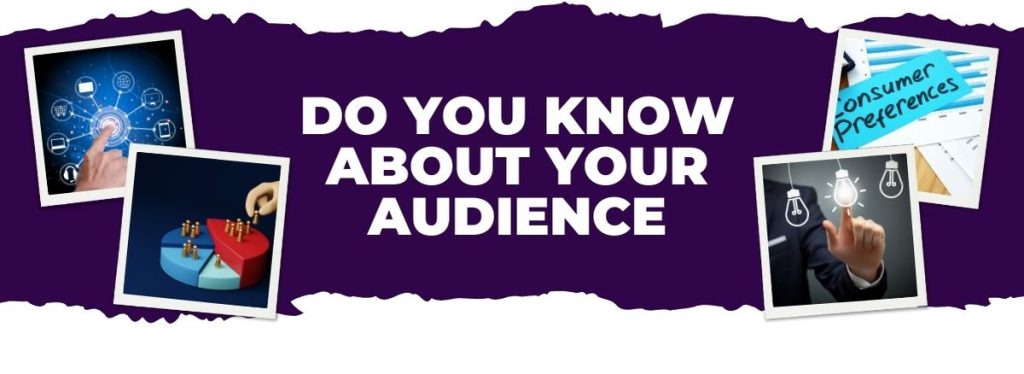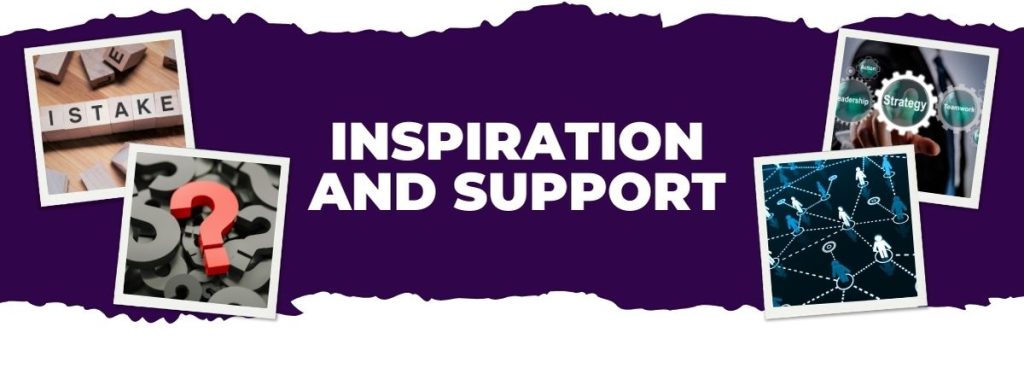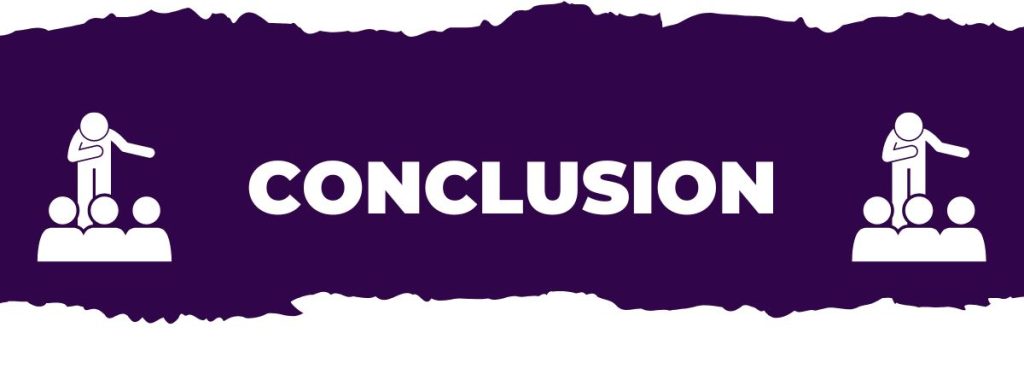Perfect Business Idea: Ready to start a business but not sure where to begin? Don’t worry; you’re not alone. Finding the right business idea can seem tough, but it’s possible. By exploring your own interests, looking into what’s needed in the market, and thinking outside the box, you’ll find a business idea that fits your skills and what people want.
How to Get Perfect Business Idea?
Do You Do What You Love
Finding a business idea starts with exploring your passions and interests. Think about what excites you, like cooking, fitness, photography, fashion, or technology. Turning your passion into a business can lead to something rewarding and successful.

Starting with what you love can solve several issues for new entrepreneurs:
- Passion and Motivation: Running a business can be tough, and staying motivated is key to success. When you work on something you love, you’re more likely to stay driven and dedicated, even when things get hard. If you’re passionate about your work, it feels less like a chore and more like a fulfilling pursuit.
- Authenticity and Branding: For a brand to connect with customers, it needs to be genuine. When you build a business based on your interests, your real self shines through. This authenticity helps attract customers who appreciate the genuine passion behind what you offer.
- Knowledge and Expertise: Loving what you do often means you have a lot of knowledge about it. If you start a business based on your interests, you’re likely to know a lot about that field. This expertise helps you create unique solutions and stand out from competitors.
- Solving Real Problems: Businesses driven by passion often aim to solve real problems or meet needs in your life or community. By focusing on what you love, you’re more likely to identify important issues worth addressing. This helps create products or services that genuinely benefit customers.
- Resilience: Every business faces challenges. But when you’re passionate about your work, you’re more likely to keep going despite setbacks. Your passion helps you stay resilient, allowing you to overcome obstacles with creativity and determination.
- Sustainable Business Model: Passionate entrepreneurs are often willing to put in the time and effort needed for long-term success. This dedication helps build a business model that can endure market changes and financial ups and downs.
Starting with what you love helps with motivation, authenticity, expertise, problem-solving, resilience, and sustainability. It lays the groundwork for a business that meets both your personal goals and the needs of your customers.
Reflection’s Of Skills and Knowledge
Think about what you’re good at and what unique knowledge or experience you have. Your skills are the foundation for a successful business. For example, if you’re skilled in graphic design, you might start a freelance design service or sell your artwork online.

Assessing your skills and knowledge helps with several challenges that entrepreneurs face:
- Finding Your Niche: Many new entrepreneurs struggle with choosing a business idea. By reflecting on your skills and knowledge, you can find a niche where you excel. This makes it easier to decide on a business idea and focus on areas where you have an advantage.
- Standing Out in the Market: To succeed in a competitive market, you need to stand out. Knowing your unique skills helps you offer something different from your competitors. This makes it easier to attract customers and grow your market presence.
- Building Confidence and Passion: Starting a business needs confidence and passion. Reflecting on your skills boosts your confidence by showing you the value you bring. Passion for your work helps you stay motivated and overcome challenges.
- Aligning with Your Interests: Running a business requires dedication. Assessing your skills helps you align your business with your interests. When you enjoy what you do, it’s easier to stay dedicated and find long-term success.
- Using Resources Wisely: Entrepreneurs often have limited resources. By focusing on what you already know, you can use your time and money more efficiently. This means you can avoid spending resources on learning new skills and instead use your existing knowledge to improve your business.
Reflecting on your skills and knowledge helps you find your niche, stand out, build confidence, align with your interests, and use resources wisely. Understanding what you’re good at sets you up for success and helps you tackle common challenges in starting a business.
Market Has Needs and Trends
Dive into market research to find gaps, needs, and trends. Look for daily challenges people face or industries needing new ideas. Check online communities, social media, and industry reports to gather insights and spot potential business opportunities.

Exploring market needs and trends helps solve several key problems for entrepreneurs:
- Finding Opportunities: It can be hard to come up with a unique business idea in a crowded market. Market research helps find gaps and opportunities where there is less competition or unmet needs. This lets you create a business that stands out.
- Understanding Consumer Problems: Entrepreneurs often struggle to understand what their target audience needs. Market research reveals common problems people face and helps find ways to solve them. Addressing these issues with new solutions can make your business valuable to consumers.
- Keeping Up with Trends: Markets and consumer preferences change constantly. To stay competitive, you need to keep up with these changes. Researching emerging trends helps you adjust your business strategies and take advantage of new opportunities.
- Validating Business Ideas: Many entrepreneurs have trouble confirming if their business idea will work. Market research helps by showing if there’s demand for your product or service. Data from online sources and industry reports can help you decide if your idea is viable.
- Reducing Risks: Starting a business has risks like market changes and unexpected challenges. Market research helps identify these risks and develop strategies to manage them. Understanding the market helps you make better decisions and lowers the chances of failure.
Researching market needs and trends helps you find opportunities, understand consumer problems, keep up with changes, validate your ideas, and reduce risks.
Do You Know About Your Audience
Get to Know Your Target Audience – Learn about your target audience’s pain points, preferences, and demographics. Understanding their needs helps you adjust your business idea to serve them better. For example, if you’re targeting busy professionals, consider offering services like meal delivery or virtual assistance.

Here’s why knowing your audience is essential:
- Pain Points: Understanding your audience’s problems helps you create solutions that address their needs. If busy professionals struggle with meal prep or managing tasks, you could offer services like meal delivery or virtual assistants to help them.
- Preferences: Every audience has unique likes and dislikes. Knowing these preferences allows you to tailor your products or services to match what they want. If your audience values convenience, focus on making your offerings easy and efficient to use.
- Demographics: Demographic details such as age, gender, and location help you understand your audience better. This information lets you segment your market and target your marketing efforts more effectively. For example, if your audience is young urban professionals, design your marketing to appeal to their lifestyle and interests.
- Business Ideas: With a clear understanding of your audience, you can shape your business ideas to fit their needs. This makes your offerings more relevant and attractive. For example, if you find there’s a demand for healthy, quick meals, you could start a meal delivery service offering nutritious, ready-to-eat options.
Knowing your audience helps you solve their problems, cater to their preferences, use demographic insights, and refine your business ideas. This improves your offerings, increases customer satisfaction, and boosts your business’s success and growth.
Profitability and Possibility
While passion is important, profitability is also crucial. To ensure your business idea is viable, consider factors like market size, competition, revenue streams, and startup costs. Conduct a SWOT analysis to check the feasibility and sustainability of your business concept.

Here’s why assessing profitability and feasibility is essential:
- Financial Viability: Evaluate the market size, competition, and revenue potential to see if your business idea can make enough money to survive and grow. This helps you understand if your business can be profitable and if you can expect a good return on investment.
- Market Dynamics: Look into the market to find opportunities and threats. Understanding consumer behavior, industry trends, and market demand helps you adjust your products or services to meet needs or take advantage of trends. Knowing your competition also helps you position your business effectively.
- Managing Risks: A SWOT (Strengths, Weaknesses, Opportunities, Threats) analysis helps you spot potential risks and challenges. It shows you what you do well, what needs improvement, and how to use opportunities while preparing for potential threats.
- Resource Allocation: Assessing startup costs and revenue streams helps you decide how to allocate your resources. This includes budgeting for initial investments, operations, and marketing. Knowing your financial needs helps you plan and use resources efficiently.
- Realistic Goals: Assessing profitability and feasibility gives you a clear idea of what to expect. It helps set realistic goals, measurable objectives, and benchmarks for success. Understanding financial and market factors helps you set achievable timelines for your business goals.
- By evaluating these aspects, you can make informed decisions, reduce risks, and increase your chances of building a successful and sustainable business.
This Works: Small, Adapt, and Grow
Don’t worry about finding the perfect business idea right away. Start with small steps, test your ideas, and adjust based on feedback. Consider launching a minimum viable product (MVP) or running a pilot program to refine your offering before scaling up.

Here’s how starting small and adapting helps:
- Reduced Risk: Starting small lowers the financial and operational risks. Instead of spending a lot of money upfront on a fully developed product, test your idea with a smaller investment. This way, you reduce the risk of failure and keep funds for future growth.
- Iterative Learning: Launching an MVP or pilot program lets you get feedback from early users. This feedback shows what’s working and what isn’t, helping you make improvements. This process helps you develop a product or service that better meets customer needs.
- Concept Validation: Testing your idea with a small group of customers helps you see if there’s real demand and spot any issues. This validation helps you decide if you should continue, change, or drop the idea before investing a lot of time and money.
- Resource Optimization: Starting small requires fewer resources. You can focus on key areas like product development and marketing without overspending. This helps you use your resources wisely and get the most out of each investment.
- Agility and Flexibility: Starting small makes it easier to adapt to market changes, customer preferences, and competition. You can quickly adjust your strategy and seize new opportunities based on feedback and data.
Starting small, adapting, and growing allows you to manage the uncertainties of entrepreneurship effectively. By focusing on continuous improvement and being flexible, you increase your chances of long-term success while minimizing risks.
Inspiration and Support
Seek inspiration from successful entrepreneurs and industry leaders. Learn from their experiences through books, workshops, and mentorship. Surround yourself with a supportive network that encourages your entrepreneurial journey.

Here’s how finding inspiration and support helps:
- Self-Doubt and Uncertainty: Starting a business can be intimidating. Learning from successful entrepreneurs who have faced similar challenges can boost your confidence and provide motivation. Their stories can help you believe in your own abilities.
- Challenges and Obstacles: Every entrepreneur faces obstacles, like setbacks or tough decisions. By studying the experiences of successful people, you can discover effective ways to overcome these challenges. You can learn strategies and resilience techniques that have worked for others.
- Costly Mistakes: Mistakes are part of entrepreneurship, but you can avoid common errors by learning from others’ experiences. Reading case studies, books, and attending workshops can help you avoid costly mistakes and make better decisions.
- Strategic Insights and Direction: Successful entrepreneurs often understand industry trends and market dynamics well. Mentors and experienced peers can offer valuable insights that can help shape your business direction, identify new opportunities, and refine your business model.
- Supportive Network: Entrepreneurship can feel lonely, but having a supportive network makes a big difference. Surround yourself with mentors, peers, and industry contacts who offer advice, encouragement, and collaboration opportunities. This network provides emotional support and practical guidance.
- Finding inspiration and support from successful entrepreneurs and leaders helps overcome self-doubt, tackle challenges, avoid mistakes, gain strategic insights, and build a strong support network. This approach increases your chances of success and helps you thrive on your entrepreneurial journey.
Conclusion

In conclusion, finding the right business idea involves a mix of self-reflection, exploring the market, and being creative. By matching your passions and skills with what the market needs, you can discover a business opportunity that fulfills your goals and serves your audience. Stay adaptable, resilient, and committed—turning your business dreams into reality is achievable with hard work and persistence.
Here is another important and very useful article related to business and entrepreneurs. Click to read.

